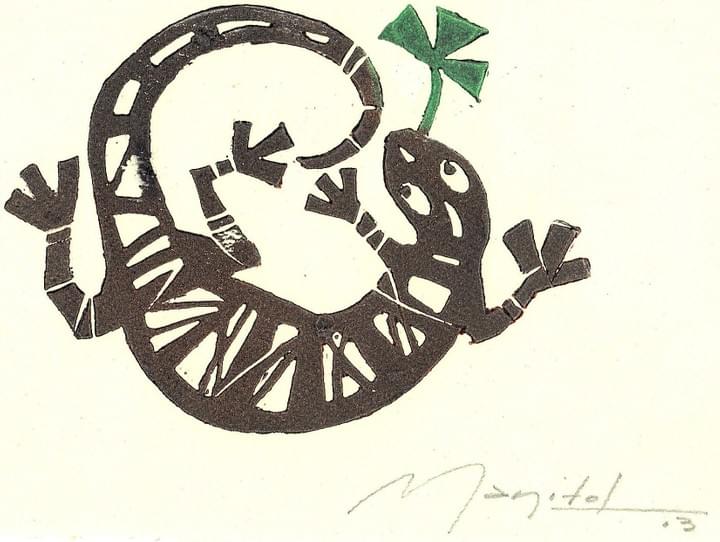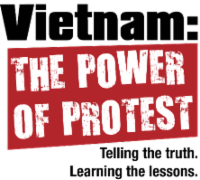
Travel to Cuba Now
Every US citizen and resident can legally travel to Cuba. The challenge is to find the means and cost that fit your situation.
The Fund for Reconciliation & Development
Celebrates its 39th year in 2024
FFRD has been on the front lines of building human connections between the people of the US and those of former adversaries. Its work began with Vietnam when the founder arrived in Hanoi on April 30, 1975, the day the war ended, on behalf of the American Friends Service Committee, a Quaker peace organization.
The FFRD is a catalyst
For healing US relations with countries that have been considered enemies and dealing with the consequences of war.
We were founded in 1985
To end US embargoes and to restore diplomatic, economic, and cultural relations with Cambodia, Laos, and Vietnam. We have have the same goals today with Cuba, starting with regaining the right to travel for all Americans.
Our primary focus
Is to seek the best ways to develop mutual understanding and trust such as travel and educational and cultural exchange, as well as assistance from non-governmental organizations, foundations and business. We engage on all sides of conflicts with policy makers and influencers as well as with the media, using direct experience on the ground to advocate for context shaping political change.
Cuba
The Obama Administration took historic steps for engagement with Cuba announcing the normalization of diplomatic relations on December 17, 2014 . It opened legal doors for unlimited remittances as well as for two-way travel and exchanges and for some business contracts. The US Interests Section became a full embassy and consulate. The US abstained for the first time in the annual UN vote against the unilateral US embargo with an acclaimed address by Ambassador Samantha Power (available here). However the assault of the embargo and purported democracy programs could not be ended without votes by Congress.
For obvious reasons of Florida exile politics, the Trump Administration destroyed virtually all Obama's openings: terminated normal remittance channels; blocked cruises, hotel use and most forms of travel; reasserted a goal of regime change and put Cuba back on the list of State Sponsors of Terrorism. Despite campaign promises , the Biden-Harris Administration has not changed many of Trump's policies. Partially reopening remittances, licensing people-to-people tours and restoration of regional flights are positive but far from sufficient steps. The Covid caused collapse of tourism, US government hostility and slow domestic reforms led to widespread protests in July of 2021, large-scale imprisonments and Washington inertia.
Read and sign our new election related petition by clicking here
Follow Cuba here https://cubapeopletopeople.blogspot.com/
or request to join our newsletter list at director@ffrd.org

1: Traveling to Cuba
Travel from the US to Cuba is growing. It remains unrestricted for Cuban Americans. For most others, the easiest legal channel is the Group People to People and Support for the Cuban People general license. Conferences are also now authorized.
Group tours are back. Independent travelers can organize their own programs or hire local guides. Travelers can stay in the thousands of comfortable rooms available in private homes (casas particulares) at low cost. They can be found through Trip Adviser, Airbnb and similar online services. Although Trump's prohibition on use of hotels persists, new hotels such as the Grand Aston have not been added to the list and the Melia Cohiba, Melia Habana and the Parque Central have been removed. The latest proscribed compilation from OFAC is here.
US commercial airlines and charter companies offer flights to Havana, Santiago, Holguin, Camaguey, Santa Clara and Varadero/Matanzas. Americans can also use non-US airlines from third countries. Schedules can be found on Google Flights and other booking engines or on the web sites of American, Delta, Southwest and United Airlines..
Airlines do not require proof that travelers qualify for the general license category they claim. No one has been punished for unauthorized travel since the last year of the Bush Administration.
Our travel blog is here.
Guidance about creating an independent program under Support for the Cuban People can be found here.
OFAC regulations as of June 5, 2019, are here.
General information for visitors is here.
A list of local guides is here.
Open group tours are here.
Irish and Irish American links to Cuba are here.

2: Make your Plans a Reality
a) Consider whether your first trip to Cuba should be an introduction to the island or a deep dive into part of it, and how much you want to be in Havana or other cities.
b) Decide based on personal preferences and costs whether you want to join a tour group or create a self-directed program for yourself or with friends and family. Book a local guide before you go to arrange lodging and program.
c) Pick a week or two that fits with your schedule and weather patterns.
d) Consult a travel agent or explore the web to arrange flights, accommodations and plan itinerary.

3: Get ready to Travel!
Congratulations! You are still in early stage of Americans discovering Cuba. Before you go, learn more about the island, its people, and its history with our recommended readings below and logistics information.
New and returning visitors are encouraged to bring over the counter medicines, vitamins, baby goods, tooth paste, school supplies, etc.
After you come back, contact the White House and your Representative and Senators about your experience and the urgency of restoring Obama's policies and ending the embargo.
[Photo of poster by Ares printed in Havana . Copies are available from FFRD.]

Indochina
Travel with us to Viet Nam, Laos and Cambodia director@ffrd.org
Enjoy and Honor the 50th Anniversary
of Peace and Reunification
April 2025 marks the 50th anniversary of the end of the US war in Viet Nam. July marks the 30th anniversary of the establishment of normal diplomatic relations with the US. September is the 80th anniversary of Viet Nam's declaration of independence from France, borrowing language from ours and supported by members of the Office of Strategic Services.
People who were active in the antiwar movement, in the campaign for normalization, or in addressing war legacies are invited to to join a special program being organized from April 15-30. For the proposed itinerary, click here
Suggested Cuba Reading
Prepare for your once in a lifetime trip with our expert reading list!
Our Leadership

John McAuliff
Executive Director & Founder
director@ffrd.org
John McAuliff has been an active participant in the civil rights, peace and equitable development movements in the United States since the 1960s. In 1985 he founded the Fund for Reconciliation and Development. McAuliff has traveled to Southeast Asia over fifty times, is recognized as an expert on the history of US-Indochina relations and maintains strong contact with key people in the region and in Washington. His current program work is largely focused on achieving normalization with Cuba.
Learn More about the FFRD
Useful information about our organization & work.
Indochina Blog
(incl. South China Sea conflict)
Archives
Our past work in Indochina and beyond.
December 12, 2015Washington Update May 2006 Down to the wire: the final round of US-Vietnam WTO negotiations end successfully but time is tight for the US Congress to grant Permanent Normal Trade Relations, which will enable Vietnam to enter the WTO this year. However, business groups; NGO’s; diplomats from both...December 12, 2015Washington Indochina Update #20 December, 2003 Laos achieved a watershed on the Nam Theun II dam, while Vietnam attempted to accelerate the process of WTO accession.A ground-breaking port call for aUS naval vessel followed on the heels of the Vietnamese Defense Minister’s visit to the US.Hmong...December 11, 2015Contact Us
Reach out to the FFRD with a message below or call 917-859-9025.
The Fund For Reconciliation and Development, 1985-2023
64 Jean Court
Riverhead, New York 11901







